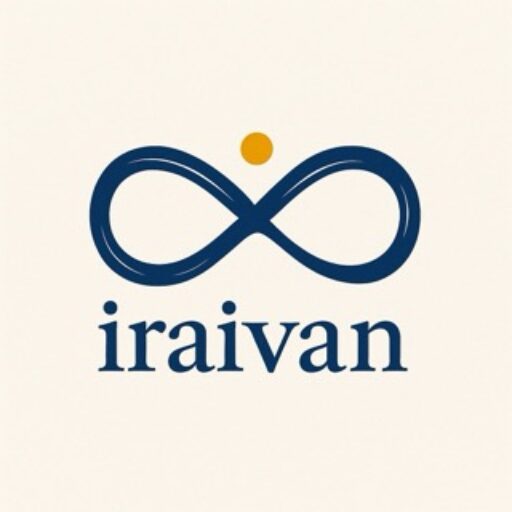When I was 25, I set a goal to earn 1 lakh per month by the age of 30. Once I reached that goal, I decided I wanted to retire by 35. Over the years, I kept experimenting with ventures like OviaSoft, GoGuroo, Giftiy, and ActOnMagic. When ActOnMagic was acquired in 2018 (at age 38), my new target was to retire by 40.
The human mind often gets easily influenced by goals that keep moving. There’s a story about a curious monkey that lived in a forest. This monkey gathered all the bananas but never shared them with others. Could it really eat all the bananas alone? Most people would feel the monkey was acting irrationally, hoarding what it couldn’t use.
Now, what would we think about people who hoard wealth without sharing or putting it to good use? Just as it’s absurd to waste a plate of food while others starve, it’s equally wasteful to accumulate wealth without purpose.
You may wonder why I’m discussing this in the context of early retirement. It comes down to understanding our needs versus our greed. Mother Earth provides enough for everyone’s needs but not enough for everyone’s greed. It’s essential to define what “growth” means and find contentment within that framework. If I buy something that genuinely improves my family’s life, that’s reasonable. But if I buy something unnecessary simply because I have the money, it’s wasteful.
Take my first car, a WagonR from 2006. I drove it over 1 lakh kilometers, bought it for 4.25 lakhs, and sold it 11 years later for 1.1 lakh. In contrast, I bought a Creta for 16 lakhs in 2018 and sold it in 2022 for 9.1 lakhs after driving just 20,000 kilometers. Isn’t that pure waste? Car rentals and second-hand car companies have made it fashionable to switch cars every five years, but in my view, we often take more from Earth than we truly need.
There’s a popular Tamil song that says, “If money is up to your neck, then money is your boss.” In our Guru Parampara, each disciple is committed to giving 10% of their gross income to a temple or religious institution. For instance, if your gross income is 1 lakh (with 30,000 going to taxes), then 10,000 should go to charity, and you should plan to live on 60,000. This practice, known as “Dasamamsha Vrata” or “Tithing,” reminds us to detach from materialism. My family has been practicing this wholeheartedly for three years, and it has transformed our relationship with money.
To retire early, one needs financial freedom—enough passive income to cover one’s needs. Recently, I read Billion Dollar Weekend, which advised setting a “freedom number” before starting a business. My freedom number in 2014 was 1.25 lakhs.
On November 29, I will be leaving my day job to embark on a new journey with HabitZup. What is your freedom number?
Takeaways:
- True growth requires a balance between needs and greed, finding contentment in using resources wisely rather than endlessly accumulating wealth.
- Setting a financial “freedom number” and practicing mindful giving can provide a pathway toward both financial independence and inner peace.







